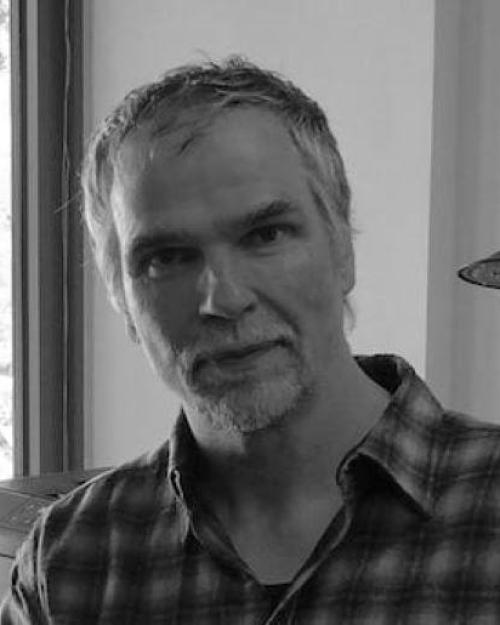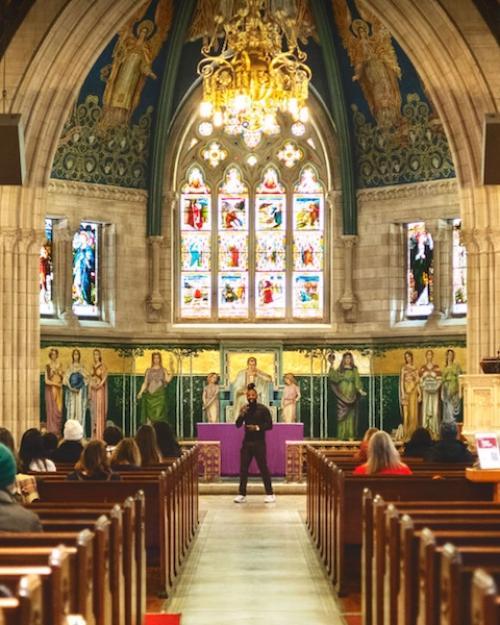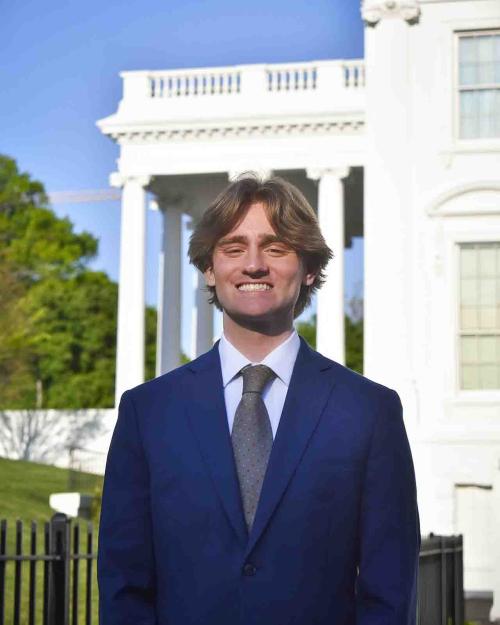This is part of a series of columns this month written by Arts & Sciences Student Ambassadors.
During my time at Cornell, I’ve taken courses across philosophy, politics, and the broader humanities, but no class has stayed with me quite like PHIL 4410: Topics in Ethics and Value Theory: Different Embodiments, taught by Dr. Kate Manne.
The course explored embodiment and oppression through the lens of intersectional feminism. We read works like "The Belly of the Beast" by Da’Shaun L. Harrison and "The Transgender Issue" by Shon Faye—texts that ask difficult, deeply personal questions about how bodies are read, regulated, and resisted. These books challenged me to reexamine general societal assumptions that perpetuate inequality and prejudice in our world today. The course wasn’t just about ideas in theory—it was about how theory lives in the world and in people’s bodies.
What made the class especially memorable was Dr. Manne’s approach to the material. She presented each topic with intellectual precision and always pushed us to think critically about how ethical concepts affect real-world structures of power and oppression. Her framing pushed us to take the material seriously, both philosophically and politically. It’s rare to be taught by someone whose work you’ve cited before meeting them—and even rarer when that person brings the same clarity and thoughtfulness to the classroom as they do to their writing.
More than anything, this class showed me that philosophy doesn’t have to be disconnected from people’s lives. It shouldn’t be. Too often, ethical theory is treated as abstract—removed from the messiness of identity, politics, and sociology. But this course made clear that the most urgent philosophical questions are rooted in lived experience. Ethics is most powerful when it grapples honestly with how real people navigate a world shaped by inequality, marginalization, and structural injustice. It’s not just about what we owe each other in the abstract, but how those obligations are complicated by race, gender, disability, and other axes of identity. This class gave me a deeper appreciation for how theory can inform practice, and how philosophy, at its best, can help us better understand both ourselves and the world we want to change.
PHIL 4410 helped me realize that my academic interests—ethics and politics—aren’t separate paths, but they are deeply interconnected threads in a larger project of understanding the world more clearly and justly. The course showed me how questions about what is right or fair are inseparable from the political structures that shape our lives and identities. It challenged me to think not just about individual moral responsibility, but about how social systems distribute harm, benefit, and recognition. In doing so, it gave me a framework for thinking critically and constructively about injustice, one that draws equally from normative theory and political analysis. This integration reshaped how I approach my studies and what I hope to contribute beyond my time at Cornell.
For any Cornellian looking for a class that is both philosophically rich and politically relevant, I couldn’t recommend it more.





